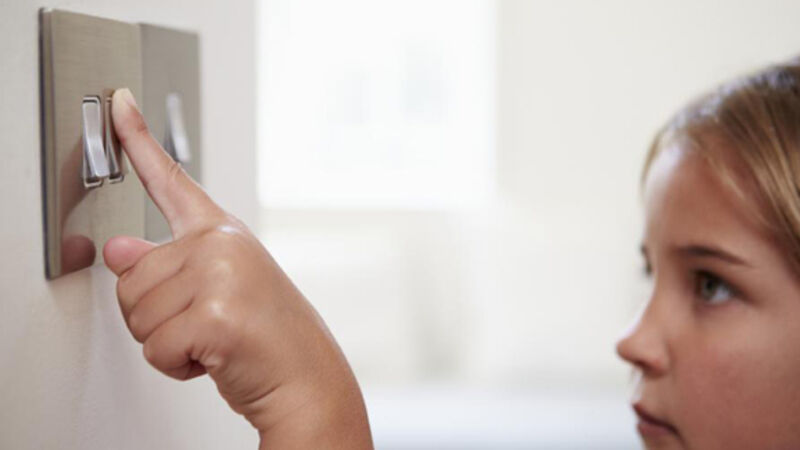Advice on children engaged in rituals

The psychologist and paediatrician Arnold Gesell — pioneer in the field of child development — found many children approaching age three began engaging in elaborate rituals.
Studies find it manifests particularly from age two to five and tends to centre on transition times like bedtime or mealtimes.











